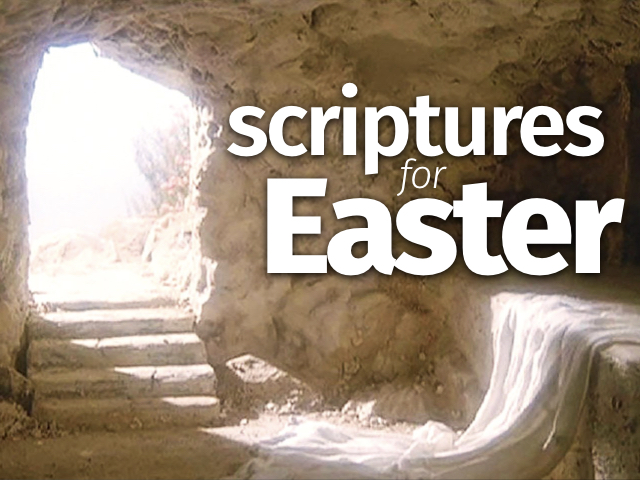
Mark 8.27-30, Matthew 16.13-20, Luke 9.18-21.
Provincial leaders in the Roman Empire liked to suck up to their emperors, which is why there were cities named Καισάρεια/Kesáreia, “Cæsarea,” dotting the empire. Ancient Israel had two. The usual city referred to in the New Testament as Cæsarea is also called Cæsarea Maritima; it’s on the Mediterranean coast of northern Israel. The other is in Philip Herod’s province, so it got called Cæsarea Philippi. Today it’s called Banias.
Banias is actually an Arabic distortion of its original name, Πανειάς/Paneiás. It was named for the pagan god Pan. Likely Pan was originally Baal-Gad, one of the many Baals in the middle east, and when Alexander and the Greeks attached Greek names to everything, they referred to this Baal as Pan. The Greeks depicted Pan as a goat-man with a flute, but Pan comes from πάντως/pántos, “everything”: It’s a nature god, and therefore the god of everything. It’s considered a minor god because it didn’t have a large following, but Pan-worshipers thought their god was a big, big deal. They built a big ol’ shrine to Pan there, and it’s still there for tourists to gawk at.
Overt paganism tends to creep out certain religious Christians, who stay far away from any “wicked” city which practices such things. Of course Jesus knows all about the covert paganism going on in our supposedly “righteous” cities, which is why Caesarea didn’t bug him any more than Capharnaum… or Jerusalem. People are messed up no matter where you go, and our “righteous” avoidance of the appearance of evil doesn’t make us any more holy, or score us more karma points with God, like we imagine it does. On the contrary: We can’t minister to the lost when we’re “too good for them,” and we’re not all that good when we refuse to obey God and love our neighbors, pagan or not. Jesus doesn’t discriminate in that way, so of course he took his students to such cities.
In a city named for Caesar, you’d naturally see monuments dedicated to Caesar-worship. Herod 1 had deliberately built a temple there for the purpose. (Yeah, he also rebuilt the LORD’s temple in Jerusalem, but don’t think for a minute he did it for anything other than political reasons.) Technically they weren’t worshiping him, but his genius (pronounced 'ɡɛ.ni.us, not as our English word 'dʒin.jəs), his guardian spirit. Our word genie comes from the Latin word… and the Greek word for it would be δαίμων/démon.
But over time, Romans stopped worshiping the guardian spirit and simply worshiped the Caesars directly. After each Caesar died, the Roman senate voted to declare them to be gods. They believed whenever you worshiped ancestors as gods, they actually became gods; the Olympians would actually have to include ’em in their pantheon. Some pagan Romans didn’t even wait for ’em to die, but worshiped the living emperor as a god. Same as the ancient Egyptians worshiped their pharaohs.
So that’s what people said the Caesars were… so naturally Jesus wanted to talk about what people said he was.
|
Mark 8.27 KWL
Jesus and his students went into the villages of Caesarea in Philip Herod’s province.
On the road he was questioning his students, telling them, “What do people say I am?”
|
Matthew 16.13 KWL
Jesus went into the Caesarea area in Philip Herod’s province,
and questioned his students, saying, “What do people say about the Son of Man?”
|
Luke 9.18 KWL
It happened while Jesus was praying alone, though with the students around him,
he asked them, saying, “What do the crowds say I am?”
|
As you know, plenty of pagans nowadays admit Jesus is a wise man and great moral teacher… and little more. Muslims, and some Jews, say he’s a prophet… and again, little more. People of other religions, plus nontheists and skeptics, say much the same as the pagans, although they’re more honest in their disregard: Wise or not, they have no interest at all in following him.
So what do we Christians think he is?




